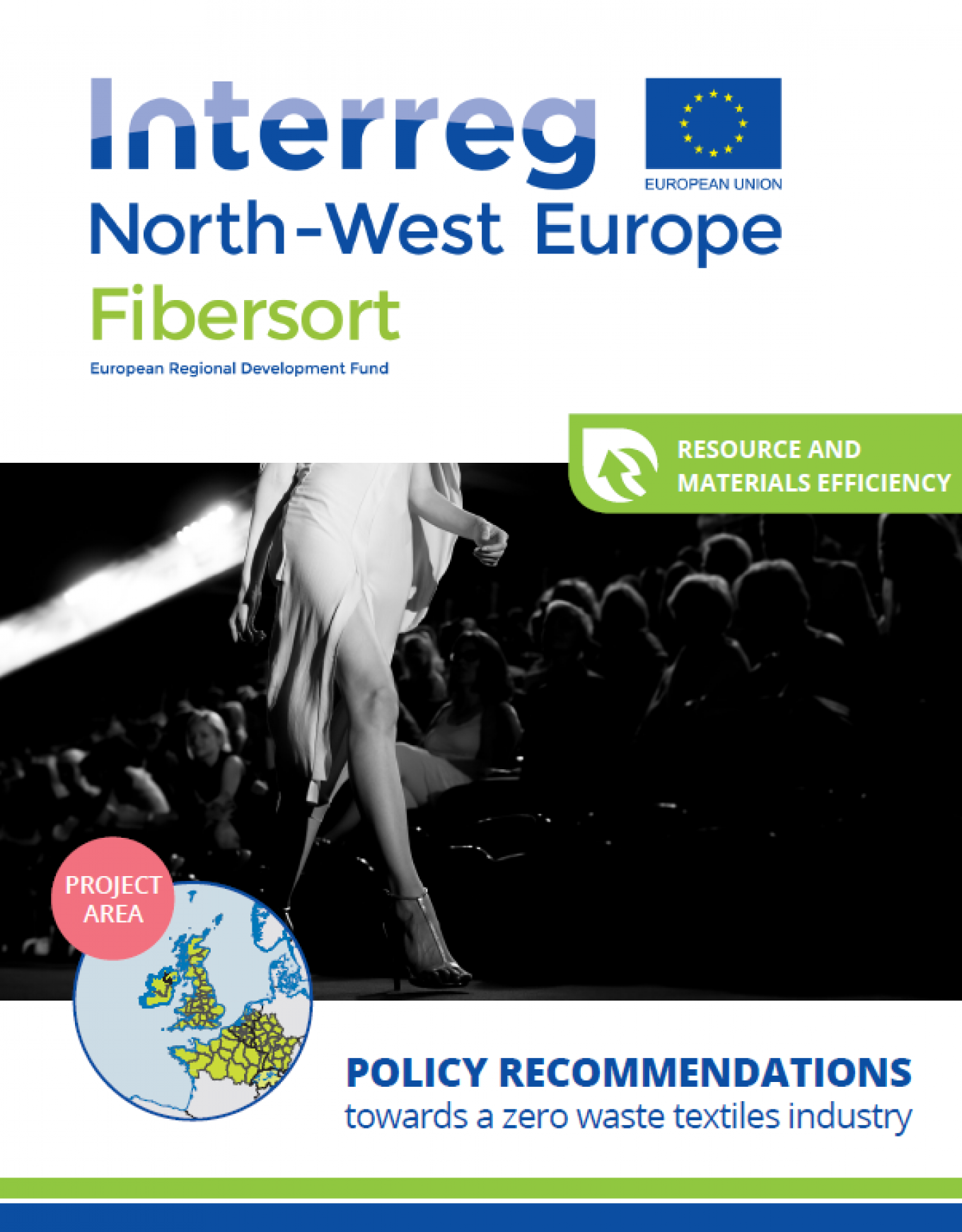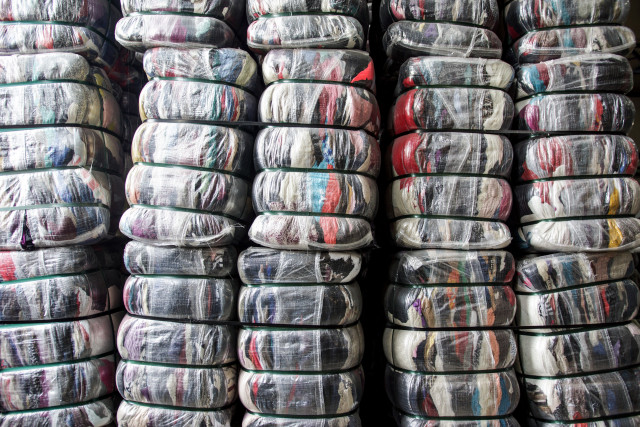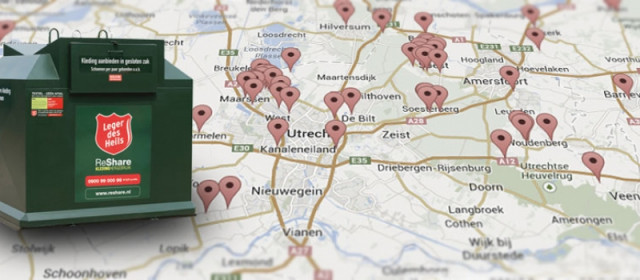Policy recommendations towards a 0-waste textiles industry
How to come to a zero waste textiles industry? The Fibersort Consortium published a Policy Recommendations report showing the instruments that regional, national and European governments have at their disposal to allow the Fibersort, as well as other automated sorting technologies, to live up to their full potential. Salvation Army ReShare is project partner in this project.

How to come to a zero waste textiles industry? The Fibersort Consortium published a Policy Recommendations report showing the instruments that regional, national and European governments have at their disposal to allow the Fibersort, as well as other automated sorting technologies, to live up to their full potential. Salvation Army ReShare is project partner in this project.
The European Network of Reuse and Recycling (ENoR) very much supports the words in the conclusion:
In order to close the textiles loop all players within the textiles value chain need to be able to create a viable business case. In their engagement processes, governments will need to include those organisations that have not yet been part of the solution: those in charge of the end-of-use textiles value chain (collectors, sorters, recyclers). Ambitions to transition to a circular economy for textiles will never become reality if incentives do not exist for used textiles to flow back into the chain.
Therefore we also advocate for the establishment of an Extended Produceer Responsibility (EPR) approach for textiles throughout the European countries, which is also mentioned in the Policy Recommendations report.
You can find the full report here.





